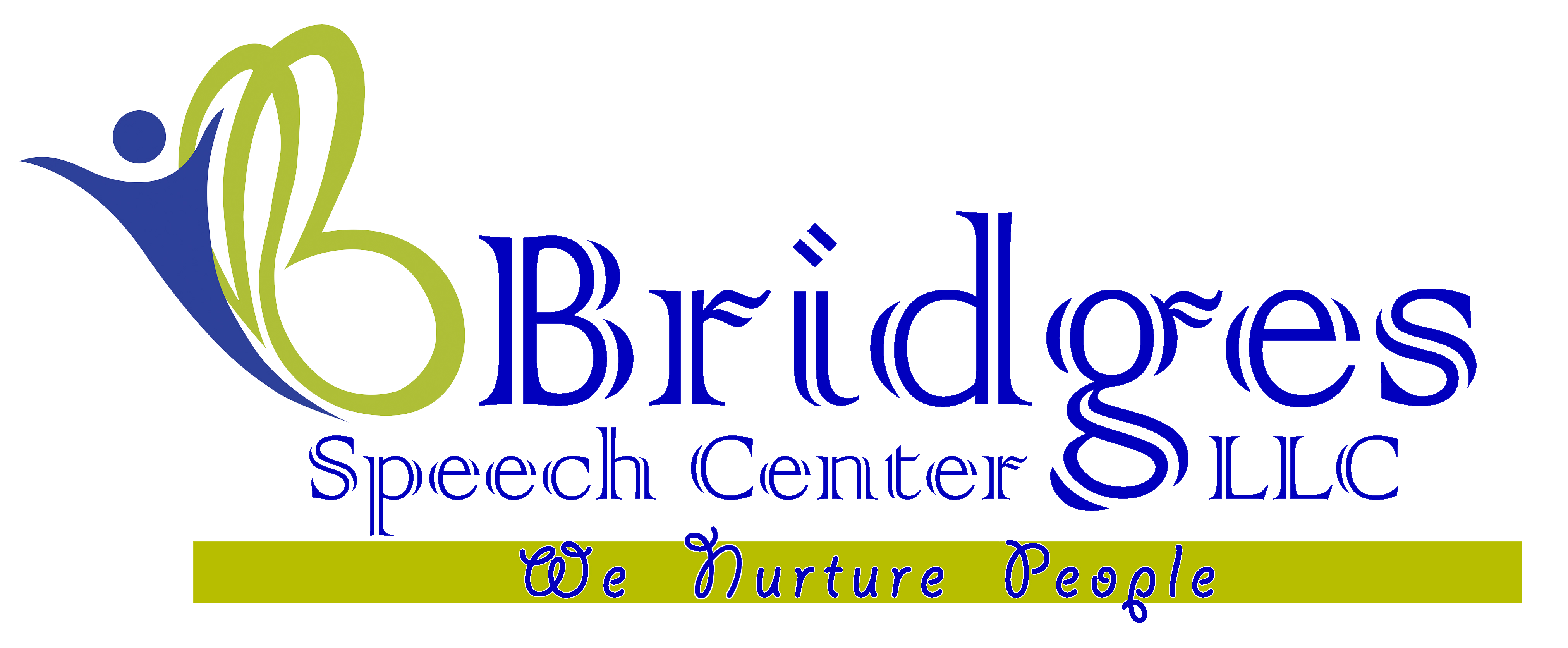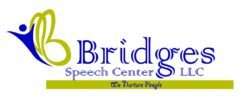- About Us
- Our Services
- Speech Therapy
- Speech and Language Therapies for Adults in Dubai
- Speech and Language Therapies for Children in Dubai
- Accent therapy
- Augmentative Alternative Communication (AAC) Therapy
- Articulation Speech Therapy
- Auditory Processing therapy/ Auditory verbal therapy
- Language Intervention: Speech Delay therapy
- Oral Motor Therapy
- Play Based therapy
- PROMPT/DTTC/RePT for Childhood Apraxia of Speech
- Social communication/Pragmatic language therapy
- Stuttering / Stammering therapy Program
- Spellography Program for Dyslexia
- Voice Therapy
- Feeding Therapy
- Occupational Therapy
- Sensory Integration
- Clinical Psychology & Psychotherapy
- Cognitive Behavioral Therapy(CBT)
- ABA /Behavior Therapy
- Bridge Learning Program
- Group therapy
- Summer/Winter Program
- Telehealth Services
- Training Program/CEU
- Internship/ Observership
- Speech Therapy
- Super Team
- Collaboration
- Training Course
- News/Blogs
- About Us
- Our Services
- Speech Therapy
- Speech and Language Therapies for Adults in Dubai
- Speech and Language Therapies for Children in Dubai
- Accent therapy
- Augmentative Alternative Communication (AAC) Therapy
- Articulation Speech Therapy
- Auditory Processing therapy/ Auditory verbal therapy
- Language Intervention: Speech Delay therapy
- Oral Motor Therapy
- Play Based therapy
- PROMPT/DTTC/RePT for Childhood Apraxia of Speech
- Social communication/Pragmatic language therapy
- Stuttering / Stammering therapy Program
- Spellography Program for Dyslexia
- Voice Therapy
- Feeding Therapy
- Occupational Therapy
- Sensory Integration
- Clinical Psychology & Psychotherapy
- Cognitive Behavioral Therapy(CBT)
- ABA /Behavior Therapy
- Bridge Learning Program
- Group therapy
- Summer/Winter Program
- Telehealth Services
- Training Program/CEU
- Internship/ Observership
- Speech Therapy
- Super Team
- Collaboration
- Training Course
- News/Blogs
Aphasia Therapy Treatment in Dubai
- Home
- Our Services
- Aphasia Therapy
Aphasia Therapy
Aphasia therapy is a specialized approach designed to help individuals who have acquired aphasia regain and improve their language and communication skills. Aphasia is a language disorder resulting from brain damage, typically caused by stroke, brain injury, or other neurological conditions. It affects a person’s ability to understand and produce spoken and written language. Aphasia therapy aims to minimize the impact of this communication disorder, allowing individuals to regain their ability to communicate effectively and participate more fully in daily life. Here’s a detailed look at aphasia therapy:
- Assessment: Aphasia therapy begins with a comprehensive assessment conducted by a speech-language pathologist (SLP). This assessment evaluates the extent and nature of language difficulties, identifying areas of impairment, such as word retrieval, sentence construction, comprehension, and pragmatic language use.
- Individualized Treatment: Therapy is highly individualized, tailored to the type and severity of aphasia and the individual’s personal goals and interests.
- Language Modalities: Aphasia therapy addresses all language modalities: speaking, listening, reading, and writing. The goal is to improve overall language processing and expression.
- Restoring Language Skills: Therapy aims to restore language skills through various techniques, exercises, and strategies. For example, individuals might engage in picture naming tasks, sentence completion activities, and story retelling to improve their expressive language.
- Compensatory Strategies: Besides restoring language skills, therapy often teaches compensatory strategies to help individuals communicate more effectively. These strategies might include using gestures, drawing, writing, and communication devices or apps.
- Conversation Practice: Engaging in structured and unstructured conversations provides opportunities to practice language skills in real-life scenarios.
- Reading and Writing: Therapy may include reading comprehension exercises, writing tasks, and activities to improve reading and writing skills.
- Cognitive Communication Strategies: Individuals with aphasia might also benefit from cognitive communication strategies to improve memory, attention, and problem-solving in communication.
- Group Therapy: Group therapy sessions can offer social support, encourage interaction, and provide a platform for practicing communication skills in a supportive environment.
- Family and Caregiver Involvement: Family members and caregivers often play a significant role in aphasia therapy, as they learn communication strategies to use at home and provide ongoing support.
- Technology and Apps: Therapists may incorporate technology, such as speech-generating devices and language therapy apps, to enhance treatment outcomes.
- Progress Monitoring: Regular assessment and progress tracking help adjust therapy goals and techniques as the individual’s language abilities improve.
- Emotional Support: Aphasia therapy recognizes the emotional impact of language loss and provides a space to discuss and address feelings of frustration, isolation, and depression.
- Functional Communication: The ultimate goal of aphasia therapy is to improve functional communication, allowing individuals to engage in meaningful interactions, express their thoughts, and participate in social, vocational, and recreational activities.
Aphasia therapy is a collaborative process between the individual, their SLP, and often their support network. It helps individuals regain independence, reconnect with loved ones, and navigate various communication challenges, enabling them to reintegrate into society and lead more fulfilling lives.
Make Appointment
Testimonials
What Parents Say
Send us an email if you wish to talk to any of them. For more reviews, please go to Google reviews.

My experience with bridges speech centre has been great. My child is attending OT in the center and we are happy and proud with the progress Mrs. Richa has made. The therapists are very supportive and knowledgable in selecting techniques to suit with our child's requirements . Their monthly review and evaluation is remarkable. I highly recommend bridges speech centre to anyone looking for an affordable and professional therapy for their child....

We were asked to consult a speech therapist for my son. As parents we were quite skeptical about this whole process. However, once my son started attending Dr Rupali’s sessions we noticed a drastic improvement in his speech. He used to speak only a few words but within the 1st four sessions he started speaking up-to 5 words sentences. I also learnt to manage my child’s emotions better with Dr Rupali’s guidance. She is very cooperative and patiently answer all questions.

We took our 21 month old daughter to Bridges speech center following her cleft palate surgery as she needed Speech therapy. Ms.Rupali was recommended to us by both our Pediatrician and ENT specialist. The staff at Bridges are qualified, warm and friendly. My daughter loved to attend the speech therapy sessions. Through various techniques and simulations provided during these sessions, I can see considerable improvement in my daughter's speech. Lastly I would say, no child is same, as parents we need to be patient and trust the process.

Rupali was excellent. In just couple of sessions she helped my child overcome difficulty in pronouncing ch and sh sound. Thanks very much.Highly recommend for children who will need assistance in speech therapy.
Blog & Article
Our Latest Blog & Articles
Are you feeling depressed or anxious?
Are you feeling depressed or anxious? abdulrehman August 16, 2023 Uncategorized Are you...
Sensory Integration
Sensory Integration abdulrehman August 11, 2023 Uncategorized Sensory Integration Sensory integration is a...



